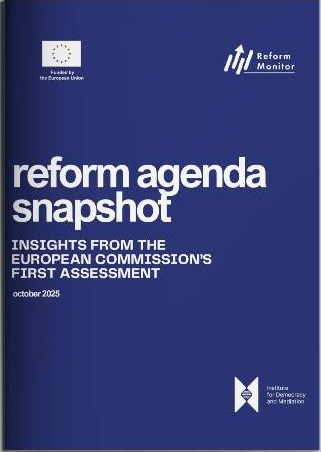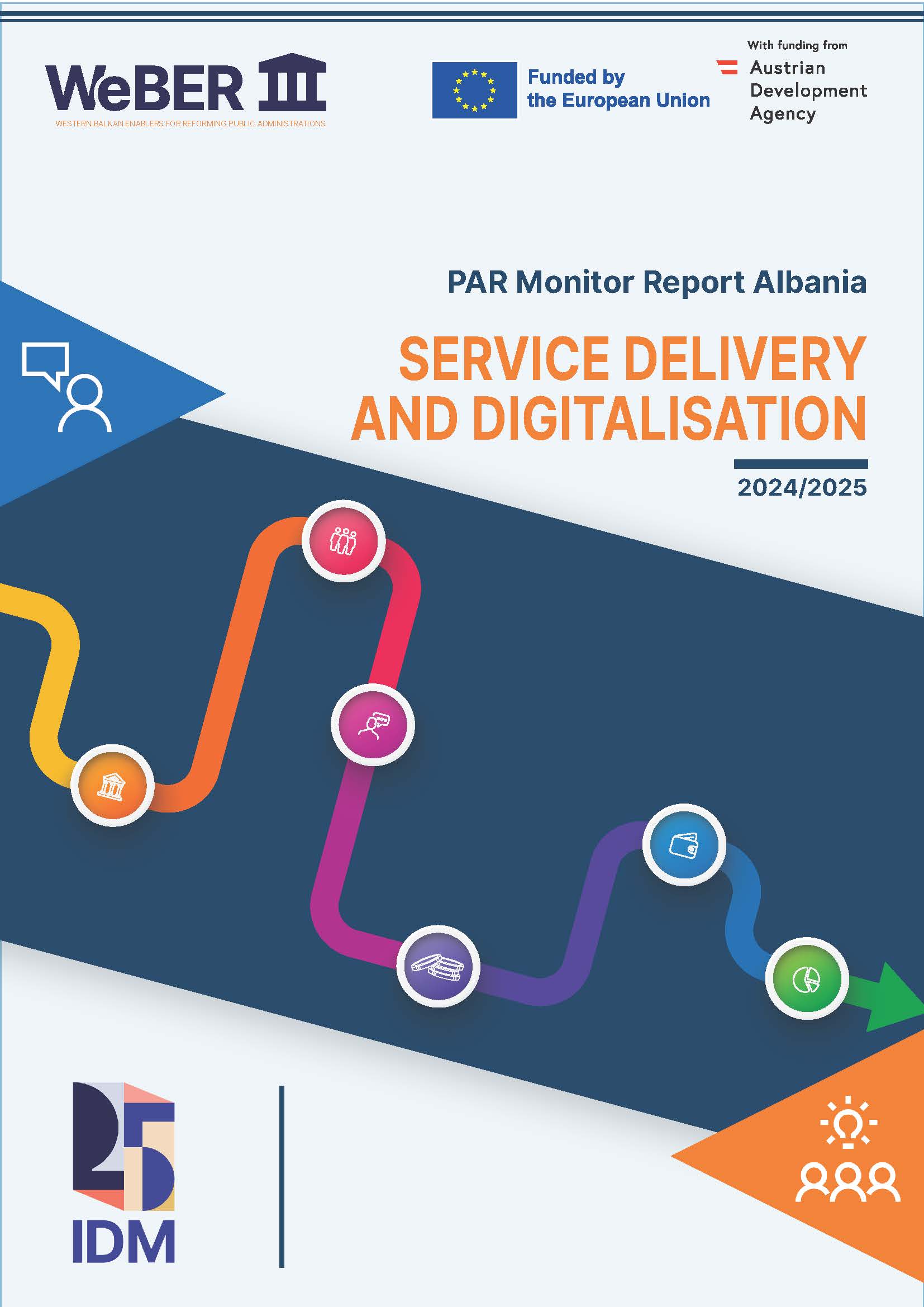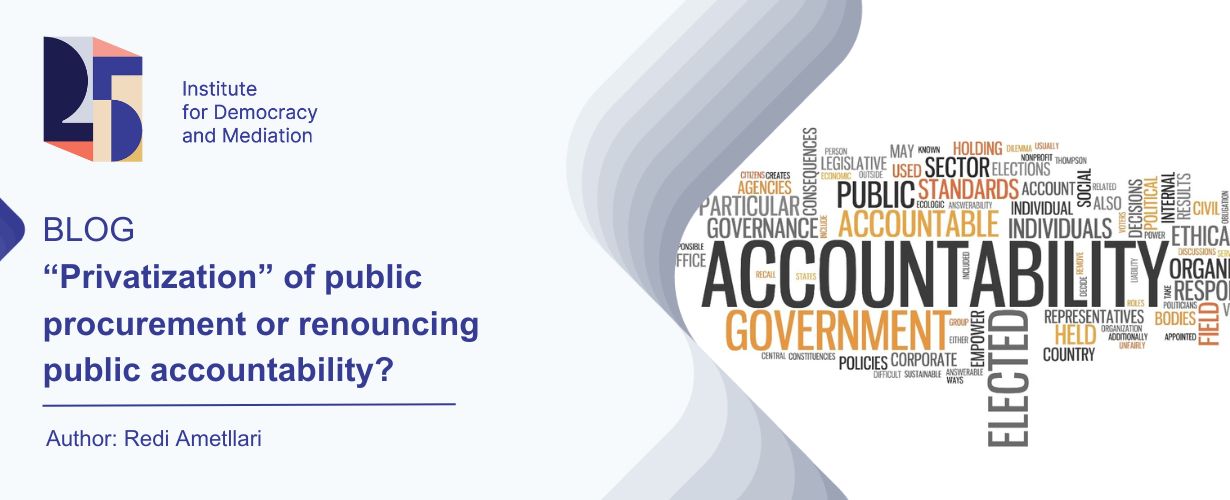By Redi Ametllari
In public financial discipline, the procurement process is categorized as a high-risk sector. In the context of the debate to fight corruption in Albania, public procurement has taken the form of a prelude to abusing public funds.
The regulatory framework for public procurement has been the subject of many frequently legal changes, with the most recent being the adoption of Law No. 16/2024, which amends Law No. 162/2020 “On Public Procurement”. The first “red flag” for a particular amendment was outlined by the European Union, in its 2024 Report for Albania. EU expressed concerns on the compliance with the acquis and the Stabilization and Association Agreement, that the Council of Ministers, for a period of 3 years, can authorize central government institutions, without open competition, to negotiate and conclude international consultancy agreements in ‘areas of strategic interest[1].
In an effort to align the national legislation with Article 2 of the EU Directive 2014/24, a new concept was introduced by another significant legal amendment, which allows for private companies, domestic and foreign ones, to serve as providers for procurement services. Nevertheless, the new legal changes have not included an important provision from Article 24 of the respective directive, which stipulates that the concept of conflict of interest should also cover private procurement providers.
The debate that encompasses this legal change questions whether along with the transfer of public procurement management to the private sector, accountability is at risk of being renounced. While state institutions/agencies are required in terms of constitutional and administrative obligations to provide accountability and transparency on public spendings, many uncertainties arise regarding how a private company will be subjected to these obligations. Furthermore, this legal change allows private providers to become Contracting Authorities, a status that until now has been granted only to the public administration. This raises many issues regarding the scope of administrative and penal responsibility as concerning private providers, in the event of infringements in a procurement procedure.
For instance, outsourcing public procurement to private companies can reduce public control and hinder the access of civil society, citizens and oversight institutions to monitor the use of public funds, thus undermining the transparency of the process. Private companies managing public procurement may have high operating costs that increase procurement expenditure, therefore contradicting the goal to achieve value for money in public spending. Since the procurement will be financed by public funds, there is scepticism on whether private companies, who generally tend to avoid cost-effectiveness analysis and focus mainly on securing contracts, will comply with the standards of quality for the contracted services or projects.
Such issues require a strong regulatory framework to preserve and enhance accountability and transparency in public procurement, to ensure that this process remains fair and impartial. Most notably, the procurement system might face the problem that is the overlap of private interests with public interests. The paradox created here is that a public service, which should be guided by public interest, would be managed by a non-public company that is naturally driven by its private interests. On the other hand, due to business ties, private providers may prefer certain suppliers or contractors over others, which can harm competition and the integrity of the procurement process.
In conclusion, it is important to emphasize that aligning domestic legislation with the EU acquis should not be accounted as a mechanical “copy-paste” process. In this specific case, before adopting a new provision, it is necessary to scrutinize the entire EU legal framework on this matter, along with the challenges that the European Union itself has faced by outsourcing public procurement.
This change, if not thoroughly regulated, could allow for deficiencies in accountability, leading to new dilemmas about how public funds will be managed and what consequences will arise for the public administration and private actors. In this context, it is of paramount importance that outsourcing public procurement should be supported by a clear and broader framework that ensures the protection of public interest, without compromising the integrity of the procurement process.
[1] https://neighbourhood-enlargement.ec.europa.eu/document/download/a8eec3f9-b2ec-4cb1-8748-9058854dbc68_en?filename=Albania%20Report%202024.pdf, p. 57






